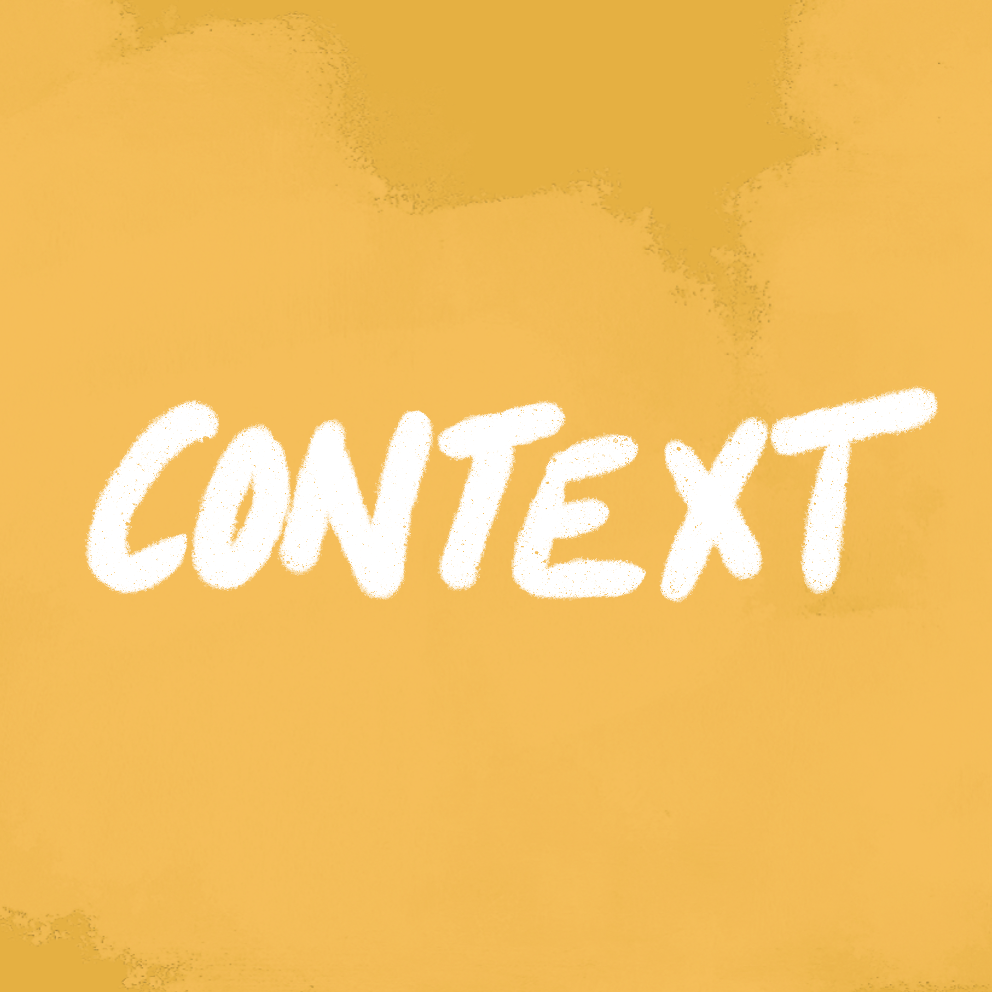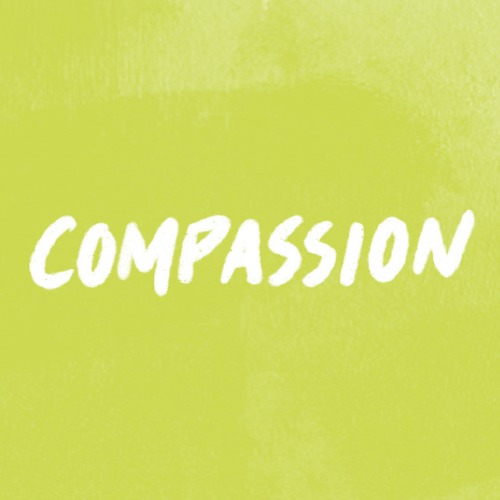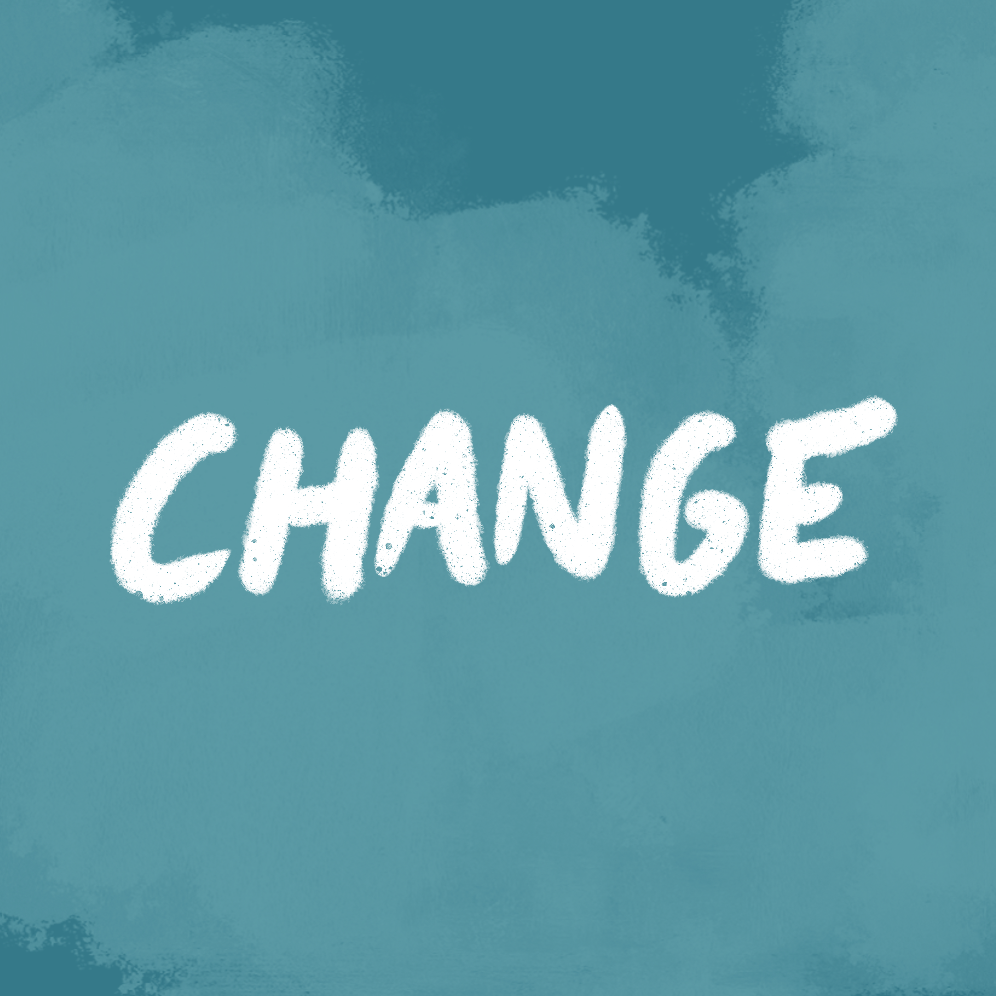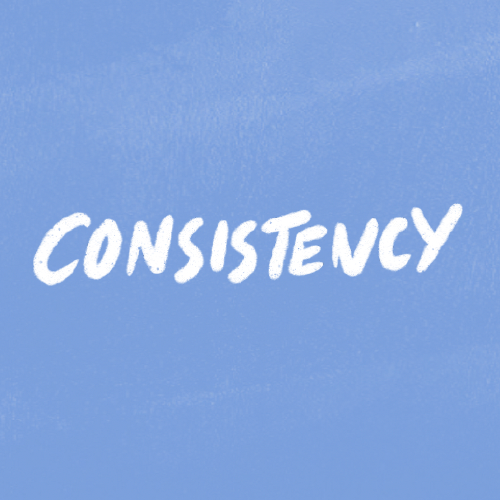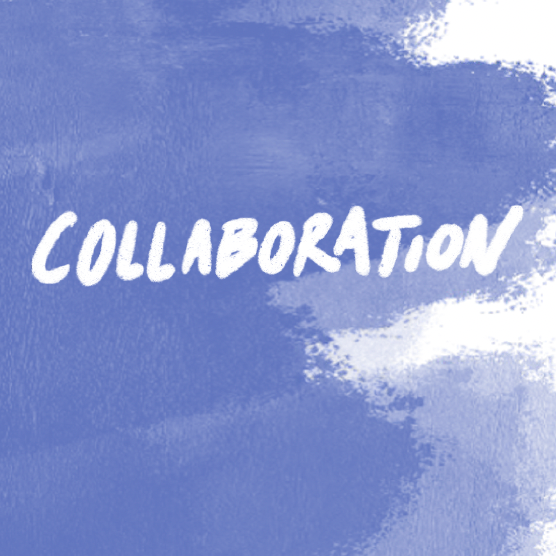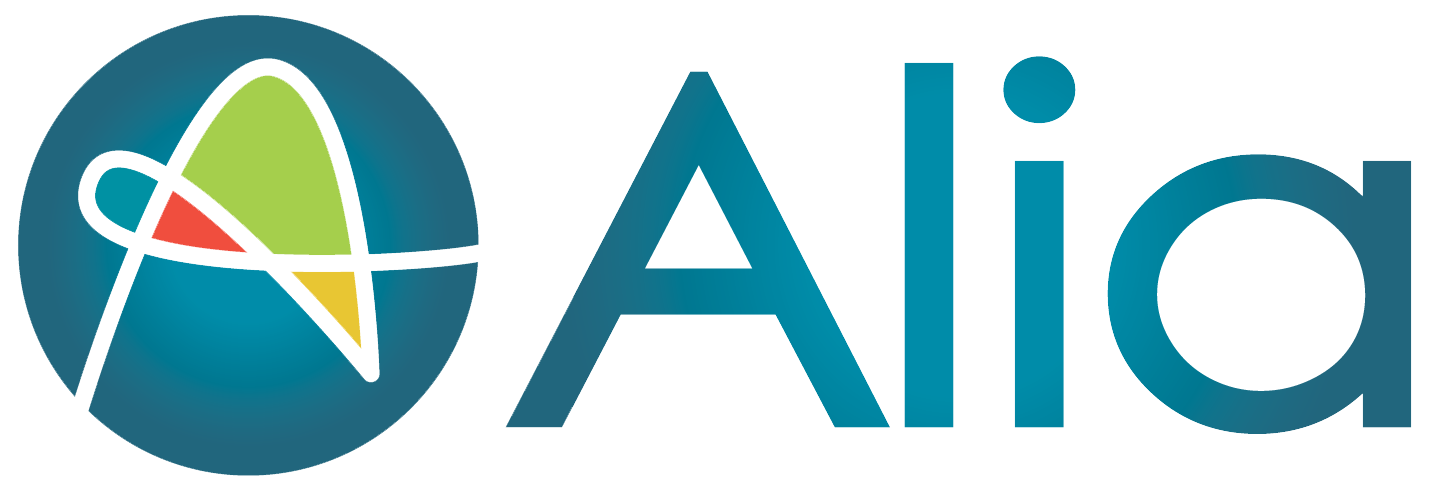
A family engagement resource for workers in child welfare to understand the context of their position and prepare them to bring family voice and power to the system.
Authentically prepare for family engagement
Even the work of system transformation continuously evolves. Jurisdictions far and wide speak about the increasing complexity of the work and the need for new approaches and skills to equip themselves so they can best support children and empower families.
This resource guides you through deeply personal work of being and doing that starts from the inside out and requires acknowledging that we share responsibility as part of a system. Because of this, it has the potential to change how you see the world and the impact of your interactions with others. In this framework, there are developmental activities designed to support workers in this situation. The work is deep and includes self-awareness as the first step to learning and growth. It also includes creation of support systems to help minimize worker harm. It also requires us to look inward at the trauma we’ve caused and elements of a white supremacy culture that marginalizes people and groups. You can start wherever and use this however you want.
Read this report via the flip book, or enter your email to download a copy!
Dear Workers Principles
This resource is organized by five principles:
